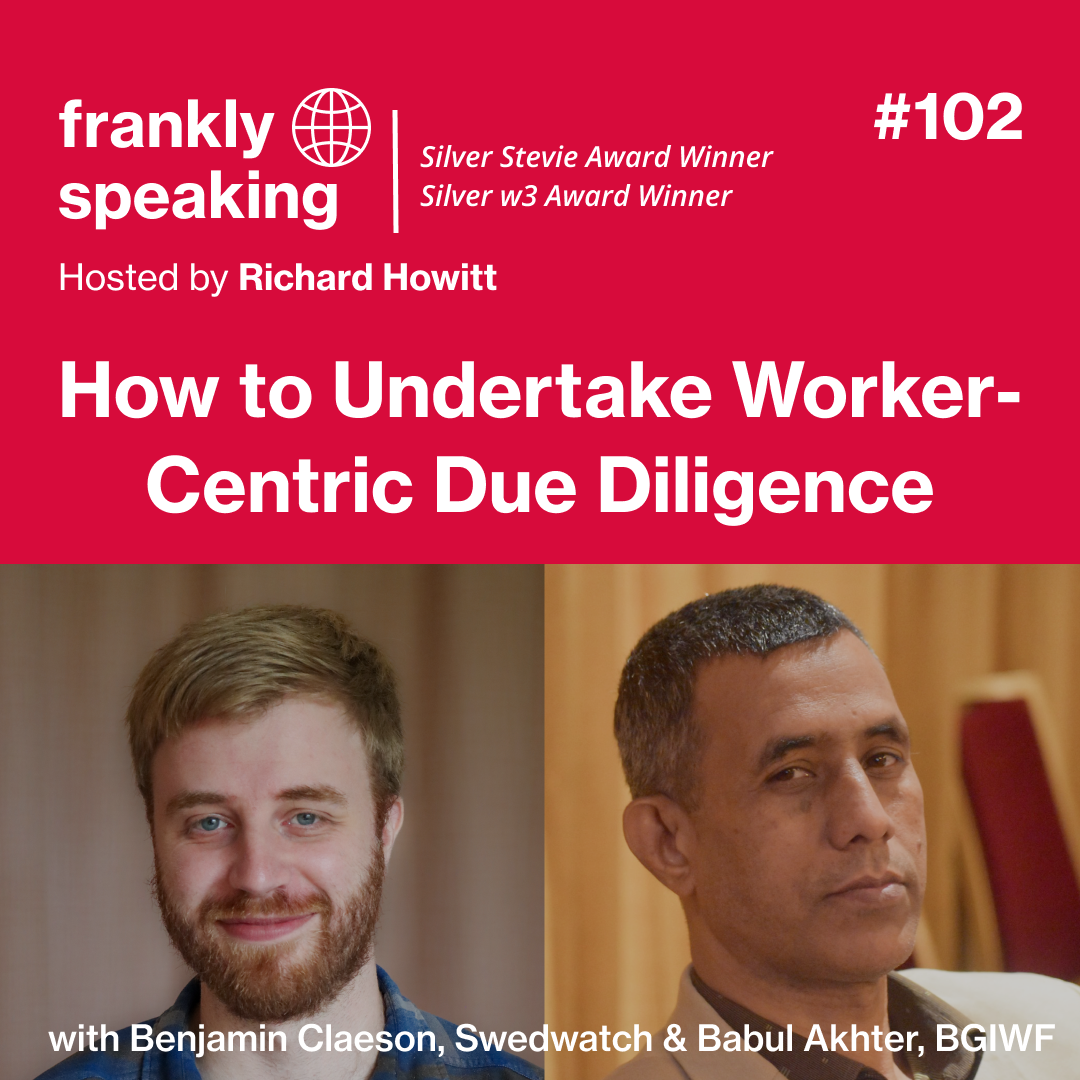Do our ideas about what makes companies competitive actually hinder the shift toward sustainability?

What role do share or stock buybacks have in this?
And has the move towards sustainable finance actually succeeded in providing incentives for companies to change?
As former ECB President Mario Draghi made his own proposals for returning Europe to competitiveness and President Ursula von der Leyen reveals her new proposed team, we ask if there is enough money for sustainability and competitiveness. If yes, where is it?
To discuss these related issues, Frankly Speaking welcomes Myriam Vander Stichele, senior researcher at SOMO, the center for research on multinational corporations.
You’ll hear more about:
Resources
"Since the Paris Agreement, we’ve seen a massive increase in companies buying back their own shares, with the promise of boosting both share value and dividends. The first problem is that there appears to be a global competitive rush for more share buybacks, which shareholders are endorsing. The second issue is the ongoing debate about the trillions of dollars needed for a just transition. We are deeply concerned that this money is going in the wrong direction—away from companies that need it to manage the transition, address climate issues, train workers for future jobs, and ensure farmers and suppliers receive sufficient income for this transition. We believe that directing funds to shareholders is not the right approach."

.png)

How can we make sustainability governance deliver?


How can worker-centric models of due diligence help to better protect workers and communities worldwide from human rights abuses?
.png)

How did the ESRS simplification process look like from the inside? Listen to Patrick de Cambourg, outgoing chair of EFRAG